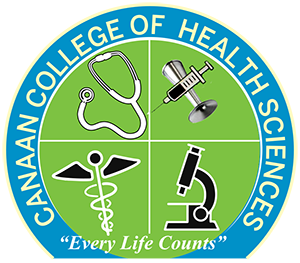Introduction: Doctors, often referred to as the architects of health, play a pivotal role in the intricate web of healthcare.
With their extensive education, specialized training, and commitment to the well-being of their patients, doctors are the guiding lights in the journey toward healing and maintaining good health. Education and Expertise: Becoming a doctor is a rigorous and demanding journey that typically involves years of education and training. From medical school to residency and, in many cases, further specialization, doctors acquire a vast knowledge base and practical skills.
This educational journey equips them to diagnose, treat, and prevent a wide array of medical conditions, making them invaluable contributors to the healthcare system. Patient-Centered Care: At the core of a doctor's mission is patient-centered care. Doctors work closely with individuals to understand their unique health needs, concerns, and goals.
Through careful examination, diagnostic tests, and medical history reviews, they formulate personalized treatment plans that address not only the symptoms but also the underlying causes of illness. This patient-focused approach fosters trust and collaboration in the doctor-patient relationship. Leadership in Healthcare Teams: Doctors often lead healthcare teams, collaborating with nurses, therapists, and other professionals to ensure comprehensive and coordinated care. Their leadership extends beyond individual patient interactions to influence healthcare policies, research, and the overall improvement of healthcare systems. Doctors' contributions to medical advancements and innovations continually shape the landscape of medicine.
Lifelong Learning and Adaptability: The field of medicine is dynamic and ever-evolving, requiring doctors to engage in continuous learning throughout their careers. Keeping abreast of the latest research, technological advancements, and medical breakthroughs allows doctors to offer cutting-edge treatments and interventions. The commitment to lifelong learning reflects the adaptability and dedication that characterize the medical profession.
Emotional Support and Empathy: In addition to their clinical expertise, doctors provide emotional support to patients and their families. They often navigate difficult conversations, delivering diagnoses and treatment plans with empathy and compassion. The ability to connect with patients on a human level is a hallmark of effective medical care, fostering a sense of understanding and trust. Public Health Advocacy: Beyond individual patient care, doctors often engage in advocacy for public health. They contribute their expertise to public health initiatives, participate in research that advances medical knowledge, and advocate for policies that promote the well-being of entire communities.
Doctors are key players in addressing societal health challenges and promoting preventive measures to improve overall population health.
Conclusion: Doctors stand as pillars of healthcare, embodying a commitment to healing, knowledge, and compassion. Their multifaceted roles encompass not only clinical expertise but also leadership, advocacy, and a dedication to the well-being of individuals and communities. In the intricate tapestry of healthcare, doctors' healing hands shape and guide the journey toward a healthier, more vibrant world.







